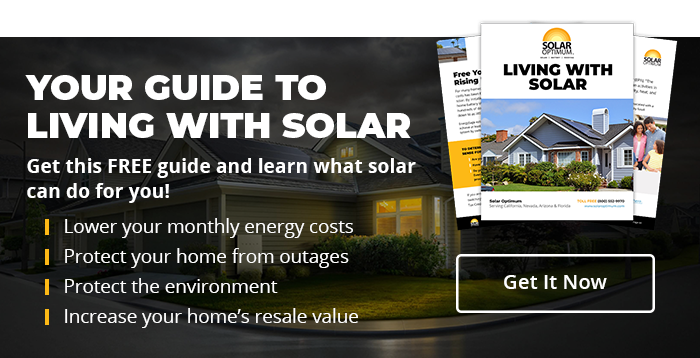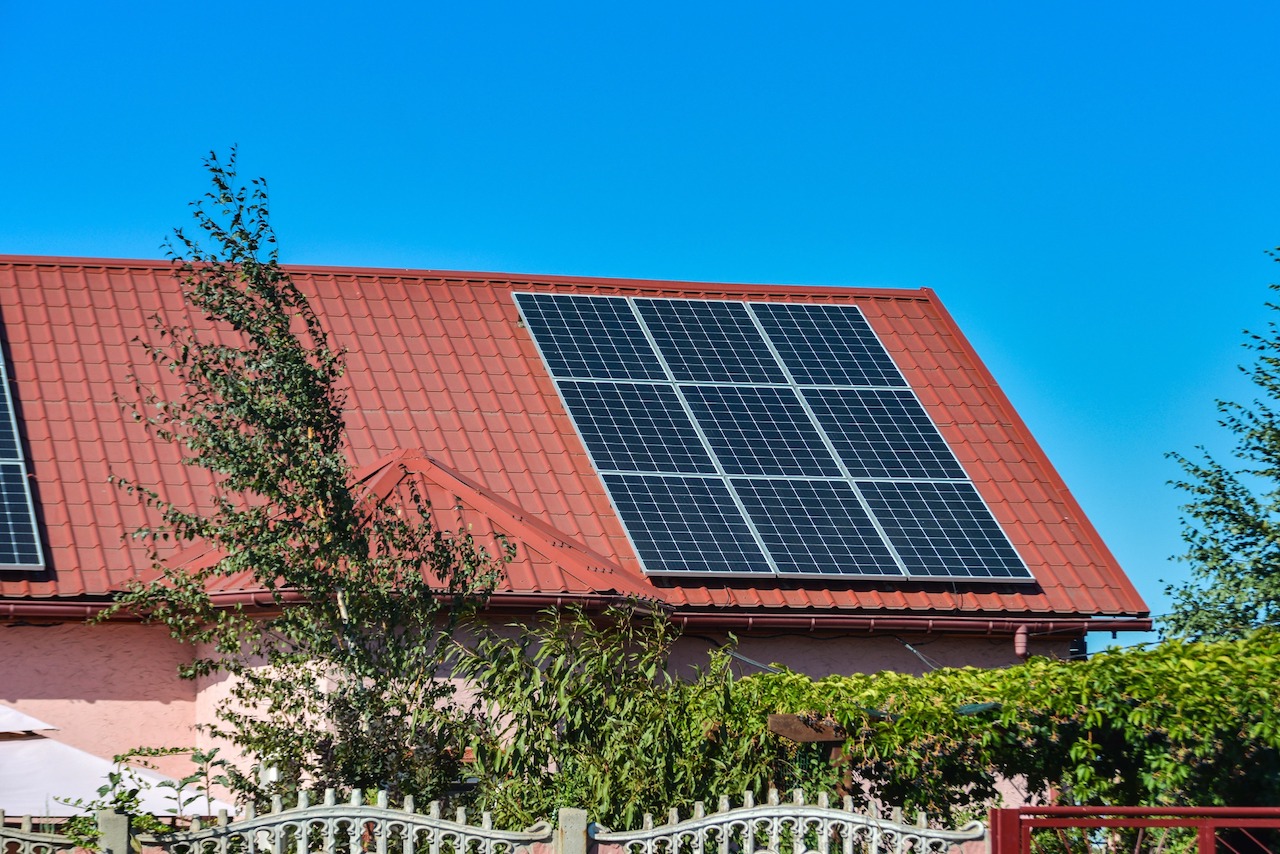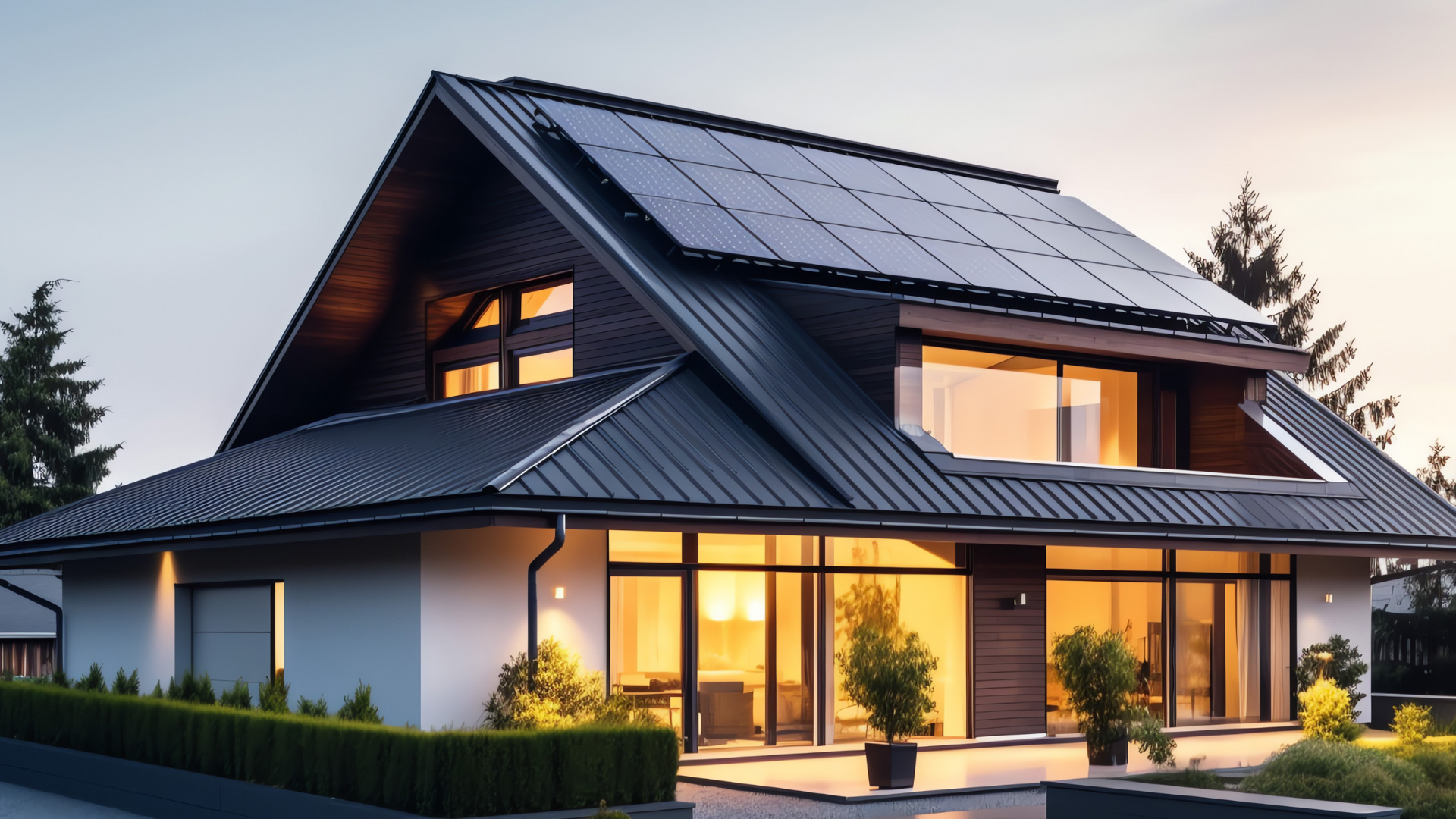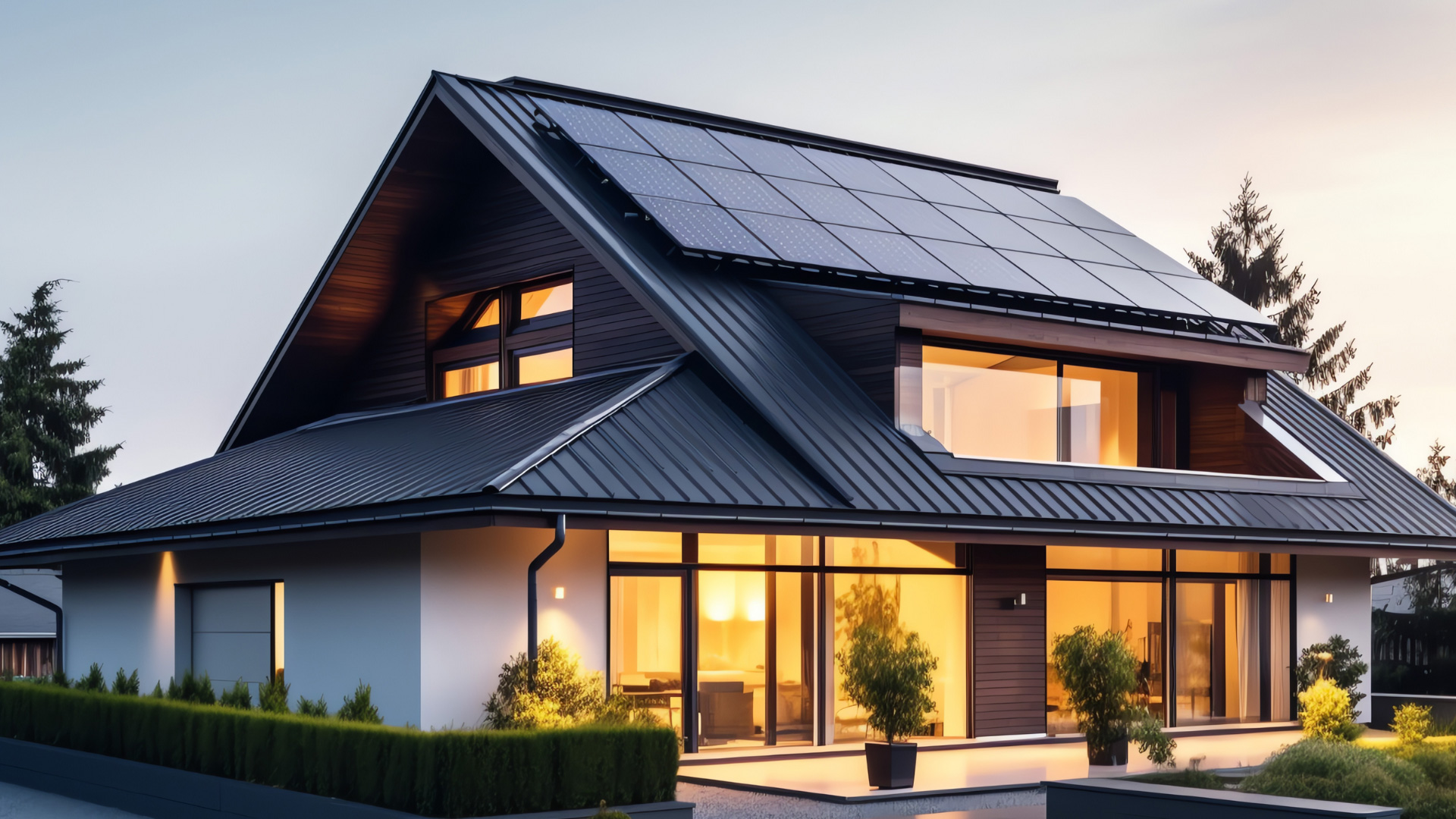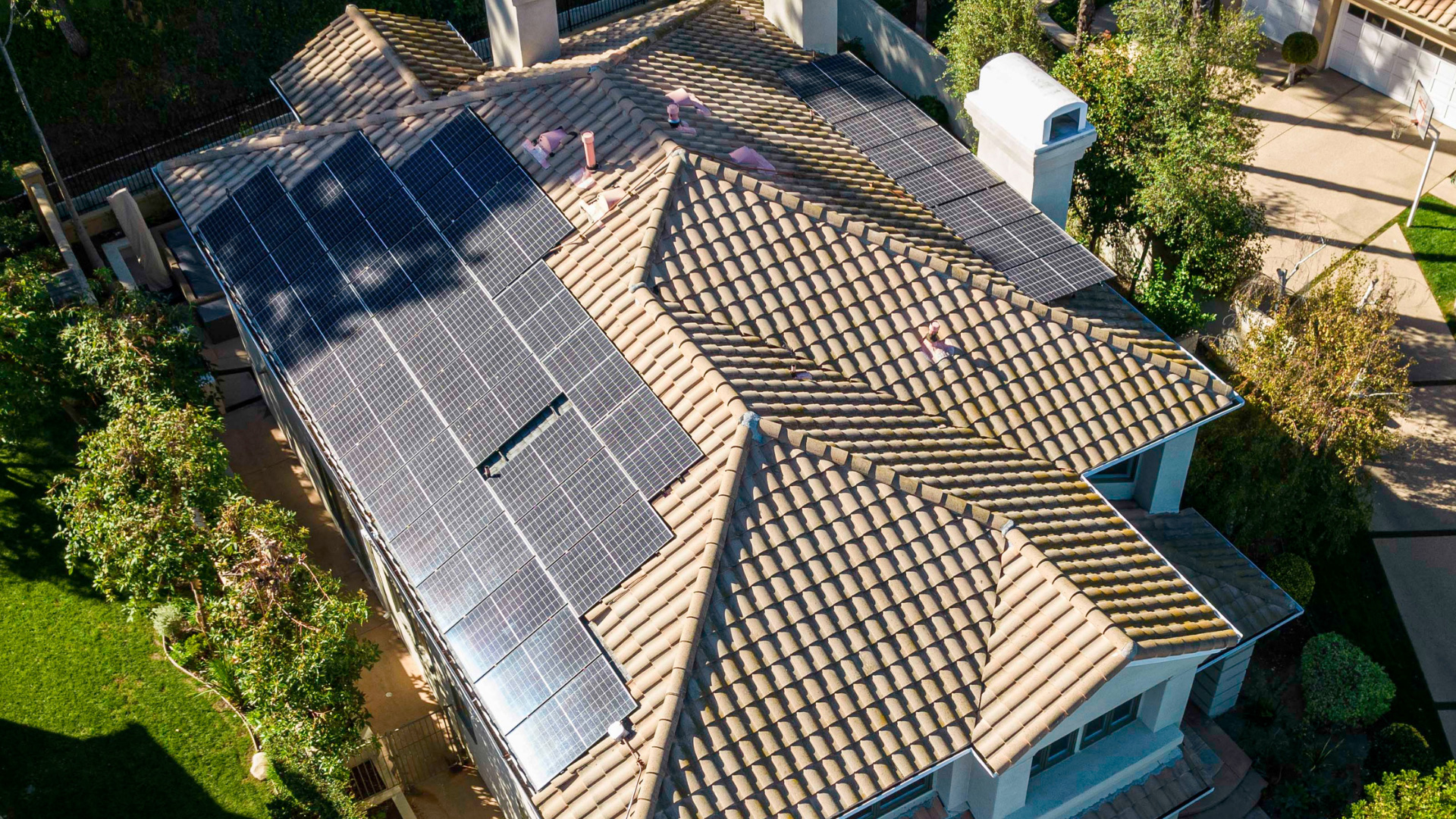Nevada has 252 days of sunshine on average in a year, making it a prime location for utilizing the benefits of solar energy. So it’s no surprise that solar energy powers 23.32% of Nevada and ranks 6th nationally.
But that doesn’t mean solar energy is right for every household. So before you make the transition, it is important to weigh between advantages and disadvantages of using solar energy in Nevada.
Advantages of Solar Energy in Nevada
First things first, let’s discuss the many advantages of solar energy for Nevada homeowners:
1. It Reduces Electricity Bills
Solar energy may be the best way to reduce energy bills in Nevada. On average, a residential consumer pays $170/month in electricity bills at the current 17 ¢/kWh rate in Nevada. But with solar panels, you may be able to bring your monthly energy bill down to a $10 interconnection fee. And under current net metering rules, extra electricity can be sold back to the grid.
2. It Is a Natural and Renewable Source of Energy
Solar panels work by converting sunlight into usable electricity to power your home, appliances, and even charge your electric vehicle. It helps to reduce your reliance on fossil fuels, which has a positive impact on the environment.
3. Low Maintenance Costs
Little expertise is needed in maintaining solar panels. Solar panels come with a 20-25 years warranty in case of a breakdown. Wear and tear is not expected since there are no moving parts. Some parts, such as an inverter, need to be changed in 5-10 years since solar energy is continuously converted to electrical power.
4. It Increases Home Value
A residential solar system is capable of increasing a home’s value. A home with solar panels sells 4% more and twice as fast than a home without. Considering the reduced electricity bills, a buyer might be willing to spend extra cash when buying a home to save in the long run.
Disadvantages of Solar Energy in Nevada
While solar energy has many benefits, it also has its share of disadvantages. Here are some of the drawbacks to consider:
1. Costly Installation
The average cost of installing a solar system in Nevada is $13,880 depending on the size of the system, the equipment being used, and other factors. However, Nevada homeowners have access to a number of tax incentives and rebates to reduce that cost and make solar more affordable.
2. It Hides the Design of the Roof
Initially, the choice of a roof is supposed to fancy the eye. Solar panels are installed on the roof and may take up a significant part of the display. Although solar panels do not affect the roof’s structural integrity, they may obscure its aesthetics.
- Solar Energy is Dependent on Weather
Solar panels can only produce energy when the sun is shining, which means your home will still need to be tied to the grid. However, there are ways around this. For example, home battery storage can be used to store excess solar energy and use it to power your home at night or during a storm.
Going Solar In Nevada
In our opinion, solar energy has far more advantages than disadvantages. Many of the drawbacks can be easily overcome by taking advantage of additional resources such as tax incentives or battery storage.
If you’re interested in making the transition to solar energy, contact Solar Optimum today for a free installation quote. Our team is currently serving customers in Las Vegas, Henderson, North Las Vegas, South Las Vegas, Boulder City, and Blue Diamond.
